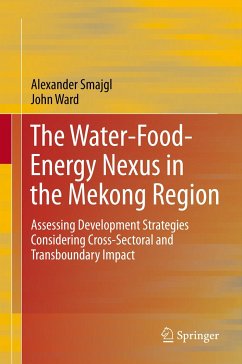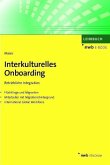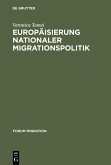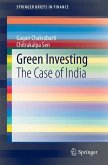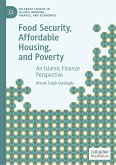Successfully managing the water, food and energy nexus demands an understanding of direct and indirect connections. A few identified connections are direct trade-offs, for example the use of water for either food or energy crops. Other connections are indirect and their estimated magnitude suggests their critical importance. Identified nexus criticalities include fish stock management, land tenure, risk management of monoculture plantations and migration dynamics. The sustainability of the wider Mekong region will partly depend on how successfully these processes can be managed. Managing nexus criticalities, in contrast to specific sectoral investments, represents an alternate and potentiallyeffective locus of policy intervention and initiative. Using case studies that include mainstream dams in the lower Mekong basin, water diversions between Lao PDR and Thailand, investments in response to rising sea level, this volume provides critical information for researchers and policymakers.
The research was generously funded and supported through the AusAID CSIRO Alliance.
Dieser Download kann aus rechtlichen Gründen nur mit Rechnungsadresse in A, B, BG, CY, CZ, D, DK, EW, E, FIN, F, GR, HR, H, IRL, I, LT, L, LR, M, NL, PL, P, R, S, SLO, SK ausgeliefert werden.

